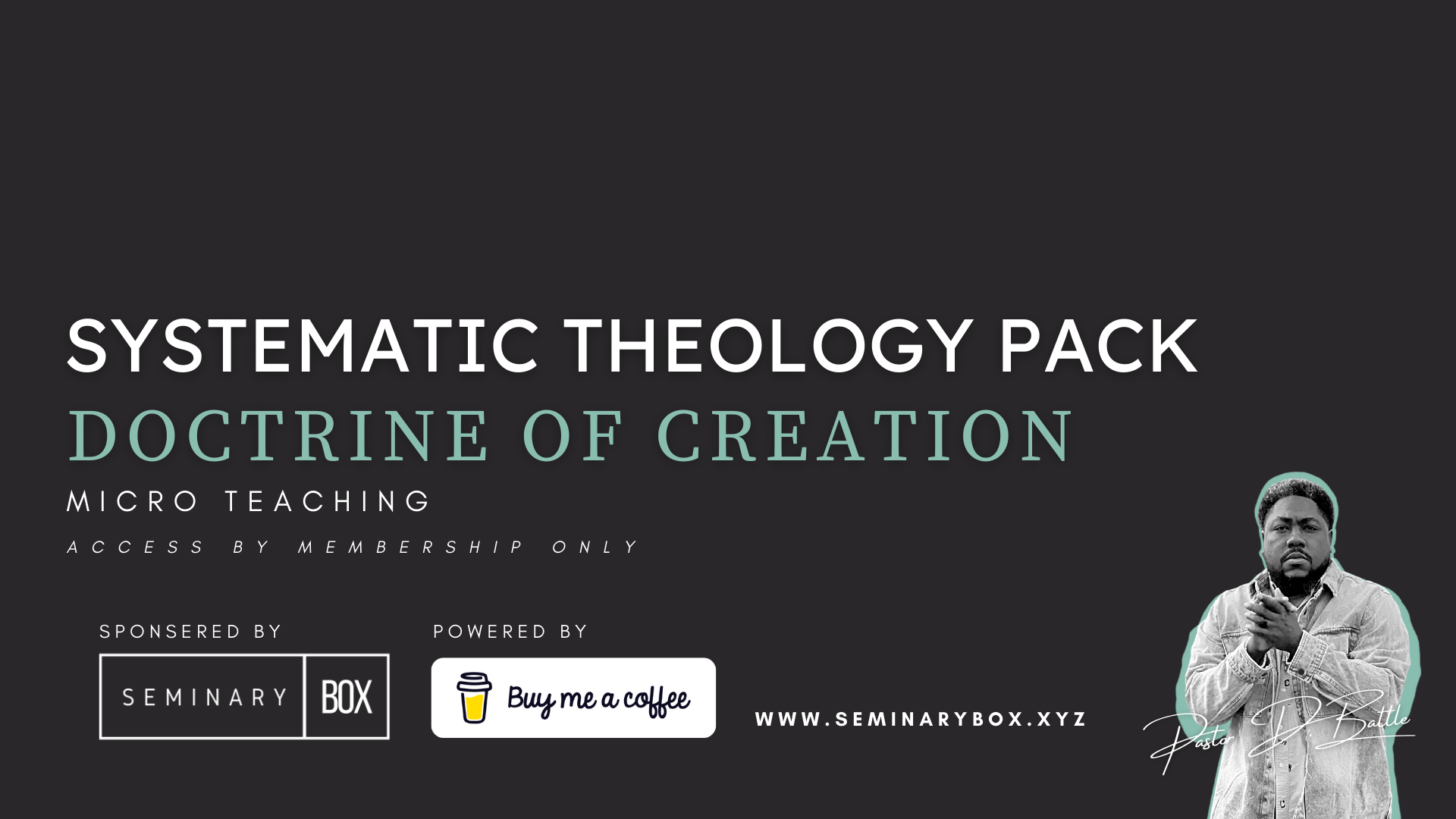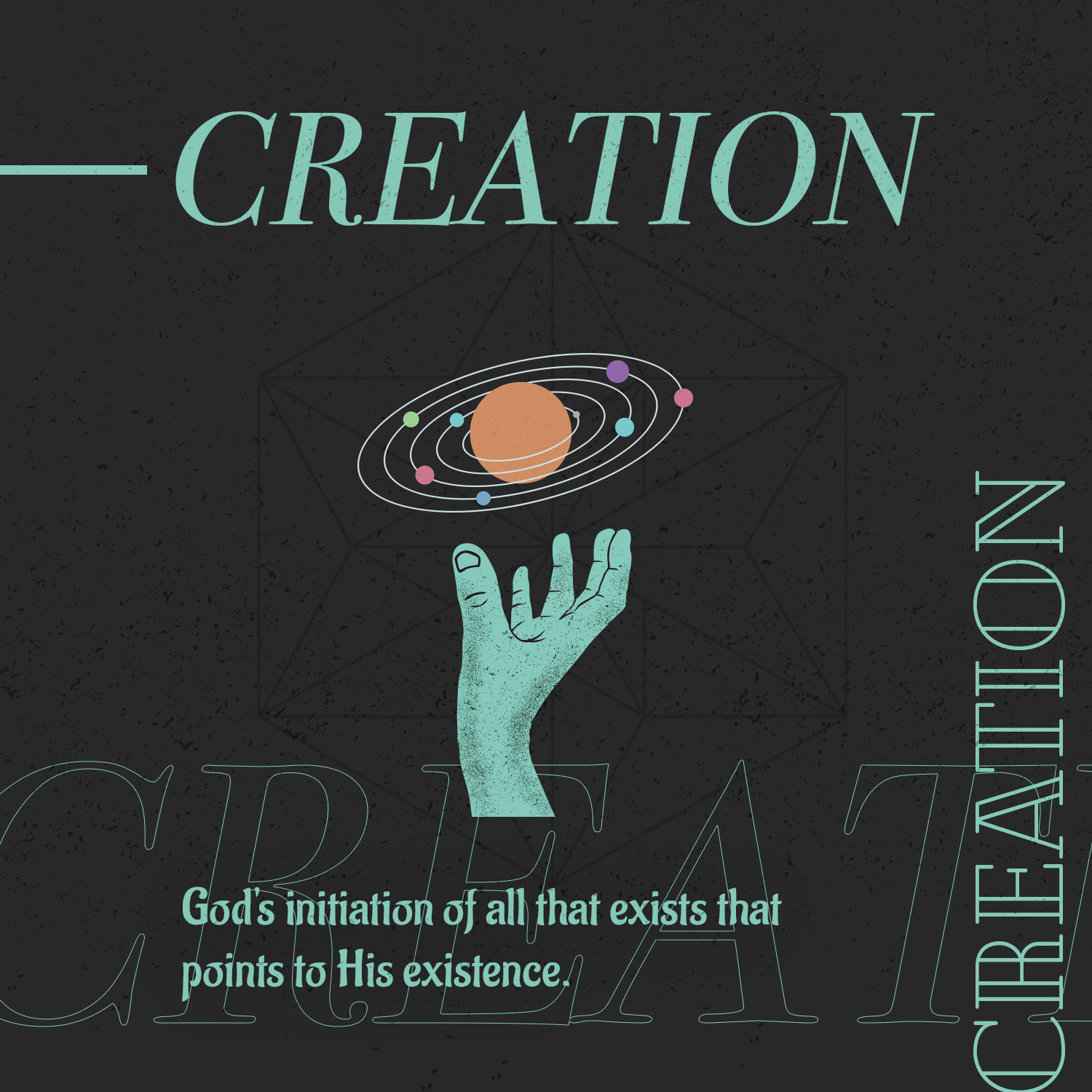

Six Worldview Questions
six questions that we as humans seek to understand as it pertains to our faith.
1. How did we get here?
2. Why are we here?
3. Where are we going?
4. Who’s in charge?
5. What is true?
6. What is right and what is wrong?
As we dive deeper into the first question, I would like to begin by affirming your curiosity in this area. There is nothing wrong with wanting to know how did we get here? We as a human species have an enate desire to know the origins of life and the origin of creation. The great western philosophers called this metaphysics.
Metaphysics is the branch of philosophy that tries to understand the nature of the real universe.
Reflection Point
Have you ever looked up in the sky and asked yourself what’s out there? How did we get the solar systems, and galaxies, stars, and planets?
Metaphysics Overview
Metaphysics deals with questions about what kinds of things really exist. Is everything physical, or are there real nonphysical things? What is the nature of space and time? Does everything that happens, have a cause? Metaphysics seeks to handle these questions by emphasizing the standards employed in judgements about reality (Barker, S., 2003, pg. 3).”
Where does this come into play in our Christian context?
There are over 300 worldviews. So, when we are investigating the question, how did we get here? We as Bible-believing Christians must approach this from a Christian worldview. All that means is, you look through a Christian lens to interpret what you see.
Therefore, when we look at the origins of creation, it is not solely scientific, but our faith helps guide us to understand what we see through our Christian lens (Christian worldview).
The Bible gives us two categories of understanding. You have general revelation and special revelation.
General Revelation
described in Romans 1:19-20 “For what can be known about God is plain to them, because God has shown it to them. 20 For his invisible attributes, namely, his eternal power and divine nature, have been clearly perceived, ever since the creation of the world,[a] in the things that have been made. So they are without excuse.”
NLT version
They know the truth about God because he has made it obvious to them. 20 For ever since the world was created, people have seen the earth and sky. Through everything God made, they can clearly see his invisible qualities—his eternal power and divine nature. So they have no excuse for not knowing God.
Special Revelation
The knowledge of Jesus Christ as Lord, Savior, and king only comes through the preaching of the Gospel as illustrated and communicated in His word.
So, when we engage both general and special revelation, it points to something and someone greater. His name is Jesus.
Now, here is a point that I want you to write down in regards to our question, How did we get here?
What we know about God helps us to frame what we know and believe about creation!
Three of God’s main attributes include:
His omniscience – God knows everything, things actual and things possible, effortlessly and equally well (Ryrie, pg. 6).
His omnipresence – God is everywhere present with His whole Being always (Ryrie, pg. 6).
His omnipotence – He is all powerful; He can do anything consistent with His own nature (Ryrie, pg. 6).
Now that we know more about God, let’s look at what the Bible says about Him as creator.
Genesis 1:1 - In the beginning God created the heaven and the earth.
In essence, regardless of the specific time of creation, whether it was 4,000 years ago or 4 million years ago, the narrative is trying to emphasize that God was the one who did it! He is the focus of this narrative, and from our Christian lens, we understand the nature of how we got here.
Further revelation is gained when we look into what the name of God meant in ancient Hebrew. The term for God here is Elohim which means, the strong one, the mighty leader, the supreme deity. This identification of Elohim as the creator God is significant because it presents God as separate from His creation. It is unlike other creation narratives and religious expressions. It is unlike pantheism a doctrine that identifies God with the universe or regards the universe as a manifestation of God.
No, God created the heaven and the earth, He himself was not created.
This brings us to a very important theological term, which Ex Nihilo (eks ˈnēhəlō/) which means God did not use any preexisting materials in creating. He created something out of nothing.
Hebrews 11:3 - Through faith we understand that the worlds were framed by the word of God, so that things which are seen were not made of things which do appear.
NLT version
By faith we understand that the entire universe was formed at God’s command, that what we now see did not come from anything that can be seen.
John 1:1-3
In the beginning was the Word, and the Word was with God, and the Word was God.
2 The same was in the beginning with God.
3 All things were made by him; and without him was not any thing made that was made.
Other creation scriptures
Psalm 33:6 “By the word of the Lord the heavens were made, and by the breath of His mouth all their host.”
This is what God the Lord says—
the Creator of the heavens, who stretches them out,
who spreads out the earth with all that springs from it,
who gives breath to its people,
and life to those who walk on it: — Isaiah 42:5 (NIV)
“But ask the beasts, and they will teach you;
the birds of the heavens, and they will tell you;
or the bushes of the earth, and they will teach you;
and the fish of the sea will declare to you.
Who among all these does not know
that the hand of the Lord has done this?
In his hand is the life of every living thing
and the breath of all mankind. — Job 12:7-10 (ESV)
O Lord, how manifold are your works!
In wisdom have you made them all;
the earth is full of your creatures.
Here is the sea, great and wide,
which teems with creatures innumerable,
living things both small and great. — Psalm 104:24-25 (ESV)
© 2021 Seminary Box, a division of Battle Leadership Group LLC. All rights reserved.
